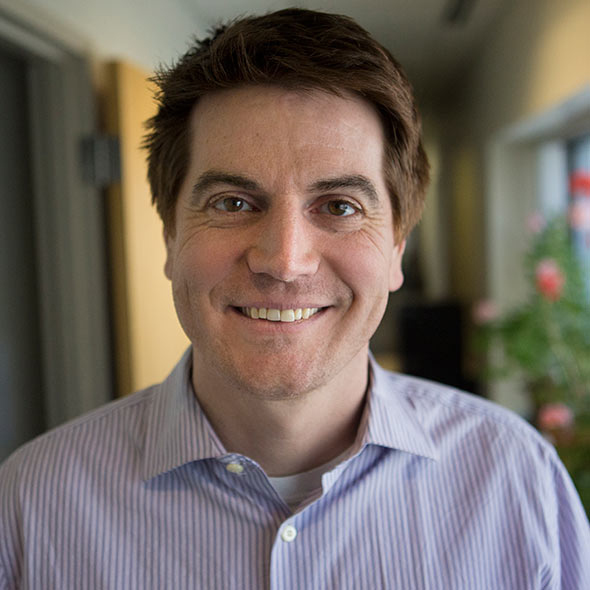
This summer Ethan Lindsey (@ethan_lindsey) returned to his native West Coast to join KQED in the newly created position of managing editor for news. Before his arrival, he told us, “I’m most excited about the mandate to help KQED explore new outlets for its journalism, as well as deepening its digital, video and data coverage.” He spoke more about his role after about a month on the job.
Tell me a bit about your path here and what your job entails.
Most recently I was the senior managing editor for Here and Now at WBUR in Boston. Prior to that, I worked at Marketplace, the business show, in a number of roles including as the interim managing editor and the senior digital editor.
Any managing editor is going to be involved and interested in how stories are crafted, but since KQED has such strong senior editors and editorial leadership, my role, as it is evolving, is more about making sure the reporters and editors and the whole staff know how we’re covering stories, why we’re covering them and how we’re refining our workflow.
KQED News has moved from beat-focused reporting (“You cover the courts, you cover this specific neighborhood”) to a hub system. The idea is that you put reporters and editors in a pod — we have pods covering justice, community, health and equity and more — and they decide how to cover a story and how deeply to cover it. So when something happens like the Oakland Police scandal, we can cover it from various angles that uniquely inform our listeners and readers.